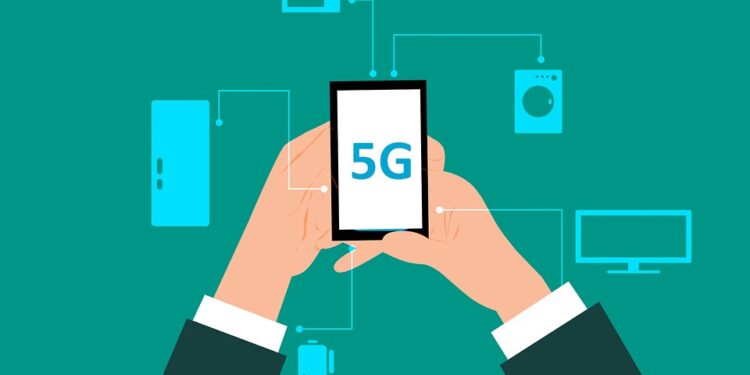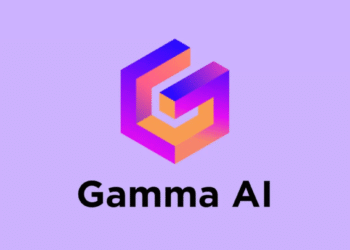Recently, MTN officially launched the 5G network in Nigeria. With the many expectations, fears, and realities about this technology, the discussion on 5G and data consumption is worth having.
A noticeable complaint from smartphone users is the speedy exhaustion of their mobile data. Sometimes, a joke, about the possibility of the Telcos’ staff using the data with the customers, is shared as an explanation. Without debunking or proving true that explanation, the focus is directed to what is expected of data consumption with the arrival of the 5G network.
- Will data consumption increase as users migrate from 4G to 5G?
- If consumption increases, will it cost users more money?
- Can we control the data consumption?
- What affects the rate of individual data usage?
These valid questions require answers.
Does 5G Consume More Data than 4G?
5G might just be launching in Nigeria, but in many parts of the world, it has become the norm as far back as 2020. While this reveals how slow technological adoption is in this part of the world, it also offers us data.
Opensignal analysed the increased capacity 5G brings and its effect on mobile data usage. Comparing consumption between 5G and 4G users, users with 5G smartphones consumed between 2,7 and 1.7 times more mobile data than 4G users. This analysis was done in six leading 5G countries: South Korea, the UK, Japan, the USA, Australia, and Germany. There was no sure reason for the change in users’ consumption. However, in all six countries, users consumed more than 15GB on average.

So, yes, trends prove that a multiplied increase in mobile data consumption between the 4G and 5G smartphone users. The next question, then, is ‘Why does 5G consume more data than 4G?’
What Causes the Increased Data Consumption in 5G?
One thing is worth knowing and remembering: 5G offers a whole new world of possibilities that 4G users can only dream of. All its advantages are banked on connectivity. The speed and low latency advantages support innovations from a wide range of industries. From connected cars and virtual-reality gaming to remote surgical operations, many things are made possible by 5G.
With that possibility in mind, it is safe to say that 5G is the future, and this also means that 5G devices are built for higher data activities. The aim of 5G is to support increased performance through a more connected life. So, because users will be doing a lot more with 5G thanks to more data-hungry applications, it makes sense that they will use up more data.
The 4G network’s major activities are web browsing, instant messaging, emailing, music and video streaming, online gaming, and video calling. 5G supports these activities at higher speeds and quality, and IoT will encourage the creation of smart communities.
Speed is addicting, and watching videos in HD quality is one of the best things in life. However, another question is the effect of this higher consumption on the user’s pocket. Do we have to spend more on data to use and enjoy 5G?
How Much More Will the 5G Data Consumption Cost?
MobileCorp checked some data consumption numbers and calculated that, with 5G, one might consume 200GB in about 20 minutes. While numbers don’t lie, there are doubts that these numbers apply to the real world.
As is obvious, data consumption and the ensuing cost depend on many variables.
- How much time is spent connected to 5G
- The type of data consumed on 5G
- What new 5G-enabled technology is adopted
- What the 5G network operator charges for the 5G data
The mobile experience with 5G promises to be exhilarating and less demanding of patience. Nonetheless, caution will be exercised if data consumption and costs prove to be a problem. Also, if one uses 5G to only send messages more speedily and the other watches HD videos on a video-streaming app, one is bound to use more data than the other.
As earlier said, speed is addicting, and coupled with low latency the internet experience would be smoother and more convenient. This means that the urge to experience more 5G-enabled technologies will increase. So, by giving in to this urge, one uses more data.
Finally, your 5G network operator plays a major role in the cost of data. They set the price. In December 2021, the Nigerian Communications Commission (NCC) issued the fifth generation licence to MTN and Mafab Communications. Recently, MTN launched in 190 sites. Hopefully, other firms will launch soon. This will encourage competition in quality and price.
Still, on network operators’ pricing, an encouraging and interesting point to note is the price reduction of data over time. As the world got more dependent on data over time, the cost of data decreased. This could mean that if a 5G user consumes more data, the reduction in data costs will make up for the increased usage.
Conclusion
The fifth-generation technology is here, and like many new things in life, we do not know how much it will change the status quo. We only know of its potential. The thought of smart cities and other things great connectivity can do is exhilarating for business owners, social sellers, medical practitioners, gamers, and innovators. Every field will get an opportunity to improve performance and connect more widely, securely, and speedily. But this might come at the cost of more data consumption.
When it comes down to it, consuming vast amounts of data is not the issue. The problem is, “Will it cost more money?” The relationship between 5G and data consumption is one that is still under observation. Hopefully, it won’t cost so much more to adopt 5G and all it brings.




